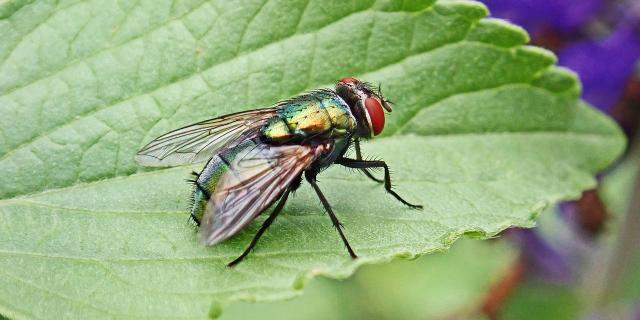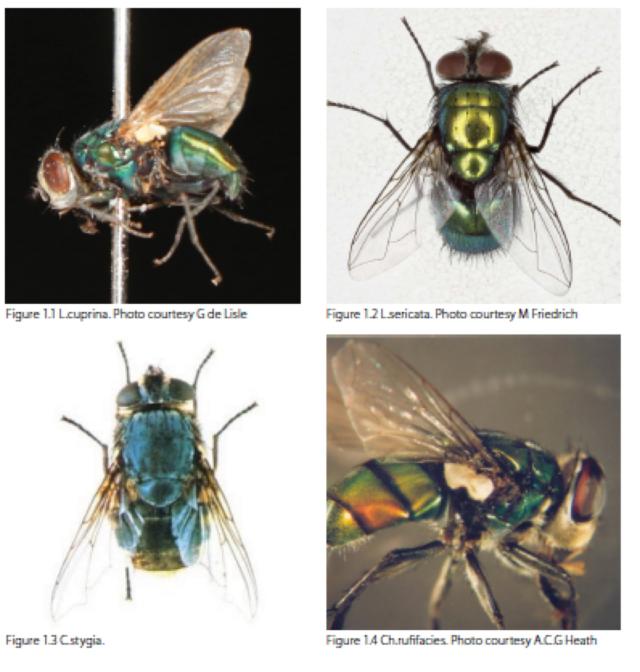This project aims to collate the relevant knowledge on ectoparasites as it relates to the New Zealand sheep and beef cattle sector and use this information to determine the current knowledge gaps and identify any emerging risks.

Background
Ectoparasites such as lice, flies, ticks and mites are an important animal health challenge for our New Zealand livestock farmers. Ectoparasites are not the main threat to farm production from an animal health point of view, however, they are a major concern and a drain on resources. Ectoparasites can cause production losses, decreased carcase yield and have negative health and welfare implications.
This project aims to provide insights into the research gaps, potential research opportunities and collaborations, and emerging risks (e.g. climate change, chemical resistance) related to ectoparasites that impact New Zealand livestock.
How will this be achieved?
A literature review and gap analysis will be conducted informed by published and grey literature and engagement with people / stakeholders with expertise in ectoparasites (e.g. farmers, veterinarians, scientists, pharmaceutical companies).
The focus of the review will be on ectoparasites that are important to New Zealand’s sheep and beef cattle sector due to their economic cost and negative impact on animal health and welfare, including blowflies, louse) and ticks.
Benefits to farmers
- Educational resources: Development of resources such as podcasts, webinars, and factsheets that provide practical advice on control and management of ectoparasites.
- Economic resilience: Preparedness for new threats (e.g. emerging ectoparasite risks) will help farmers adapt and protect their animals.
- Innovation in parasite control: Gaining insights into the latest research can help foster innovations such as biological control methods, genetic resistance in livestock, and new treatment technologies to reduce the negative impacts of ectoparasites.
B+LNZ Project Lead
Mhairi Sutherland, Senior Scientist – Animal Health and Welfare Research.
Provider
B+LNZ.
Expected end date
November 2024.
